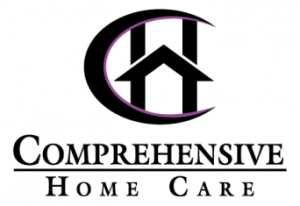Tips to Recognize the Signs of Elder Abuse
While elder abuse is something that we would never expect to occur, it’s a tragically common occurrence in the U.S. Elder abuse occurs in many forms, from physical, emotional, or neglect. Because elder abuse is often a silent problem, it’s essential for families and friends of seniors to be aware of the signs of elder abuse to protect their loved ones.
Check out some of the warning signs that may indicate elder abuse:
Physical Abuse
- Signs of injury like broken bones, bruises, welts, or scars. Especially if they appear symmetrically, on two sides of the body, or on the wrists.
- Drug overdoses or regularly missed medications.
- Broken eyeglasses.
- Caregivers refusing to allow the senior to be seen alone.
Emotional Abuse
- Behavior that mimics dementia, such as rocking, or mumbling to oneself.
- Controlling behavior from the caregiver such as yelling or threatening, humiliating or ridiculing, ignoring the senior, or isolating from friends and family.
Neglect
- Physical signs, such as bed sores and unhealthy weight loss/gain or malnutrition.
- Unsanitary living conditions, such as neglected hygiene and a messy living area.
- Unsuitable clothing or covering for the weather.
- Unsafe living conditions, such as no heat or running water, faulty electrical wiring or other fire hazards.
- Desertion of the senior at a public place.
The early signs of elder abuse may be difficult to recognize and may also appear to be symptoms of a disease or from increased frailty. A caregiver who is abusing the senior may also explain signs of abuse away. To help prevent abuse, make a point to call and visit senior loved ones often and be on the lookout for any changes in the senior’s personality or behavior. Report immediately if you suspect your loved one is at risk.
Comprehensive Home Care’s respite care can help families keep senior loved ones safe, happy, and healthy. Contact us here or call us at 704-333-5214 for a professional assessment.
Check out Is Your Senior Loved One at Risk for Elder Abuse? for more tips on recognizing the signs.
